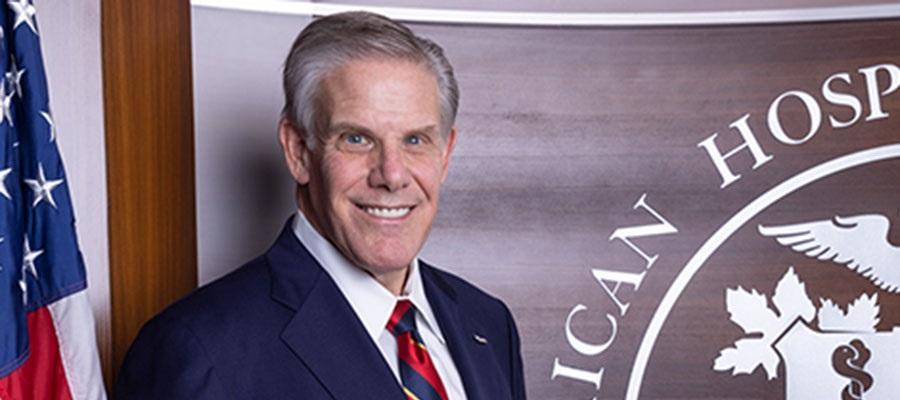Perspective

Perspective is a weekly blog from Rick Pollack, president and CEO of the American Hospital Association, that explores the most important issues facing hospitals and health systems.
This week, as our nation marked the passing of President George H.W. Bush, I thought about what he meant for the country and its health.
Earlier this month, voters in exit poll after exit poll made it clear that health care is an important issue to them. And near the top of their list of concerns was the affordability of health care services.
In the midst of tragedy, our first responders – police, firefighters and EMTs – and the women and men of America’s hospitals and health systems stand strong, working to get victims out of harm’s way and into lifesaving treatment, sometimes risking their own lives in the process.
However, there’s still much to do.
Now that Election 2018 is in the books, what do the results mean for hospitals and health systems?
When more people have health coverage, everyone wins—the patients who need care, the insurers that provide coverage, and the hospitals and health systems that provide care.
Open enrollment on the marketplaces begins on Nov. 1 for 2019 coverage and runs through Dec. 15, and America’s hospitals and health systems have a vital role to play in connecting consumers with health coverage.
October is cybersecurity month (in reality, every month is cybersecurity month) but this is a good time to review the overall landscape.
Flu season is just getting started. The responsibility to keep our patients healthy lies in the hands of every member of our hospital and health system family.
The Centers for Medicare & Medicaid Services recently made several proposals that could reduce access to care in the community, particularly for vulnerable patients. We’ve urged CMS to withdraw these proposals for several reasons.

